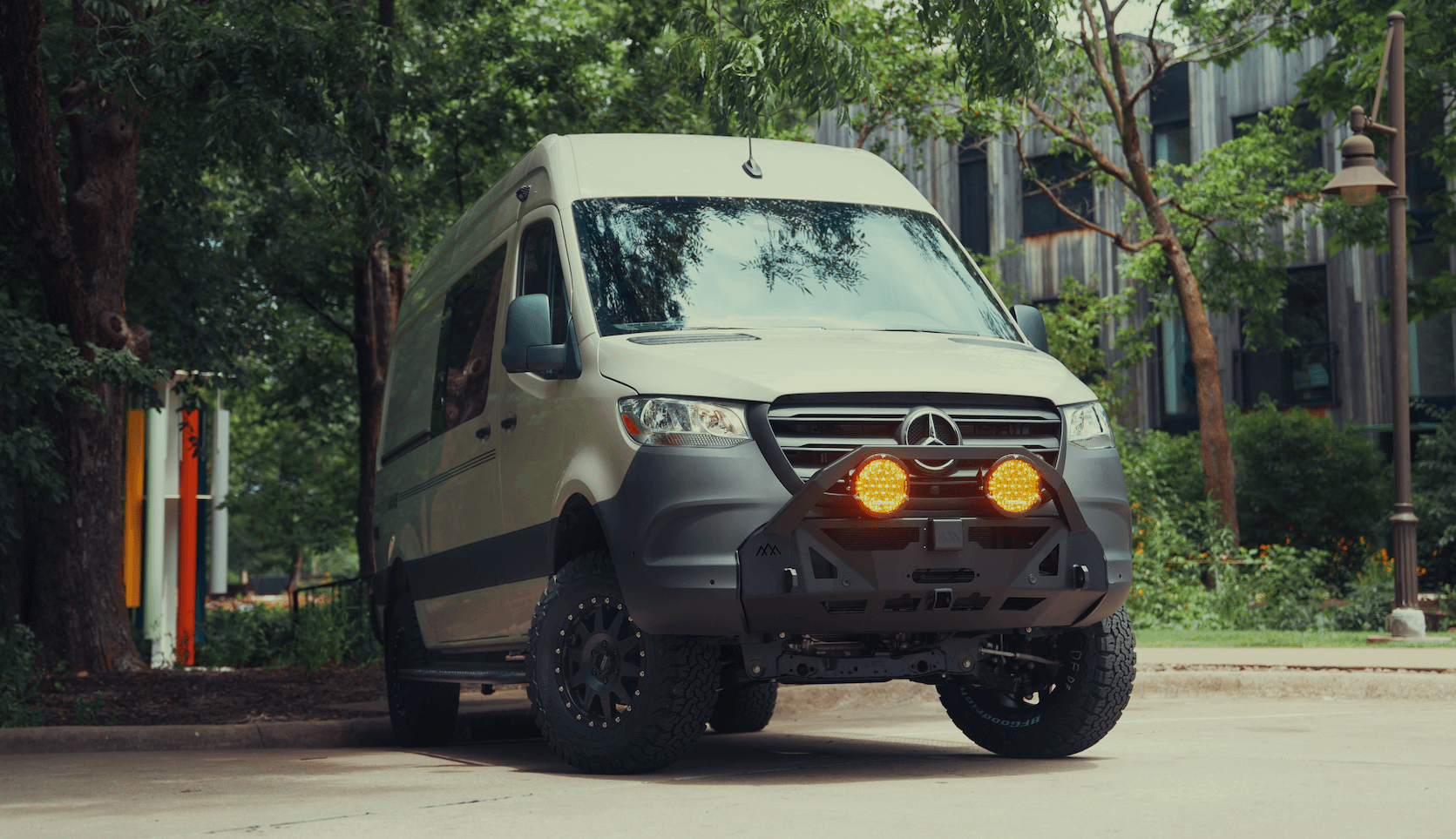Recreational Vans

Wellness vans are mobile environments built to deliver preventive services and healthy living support outside traditional clinics. They are often outfitted to host screenings, immunizations, health coaching, mental health counseling, and telehealth sessions. The goal is simple, remove distance, time, and transportation as barriers to care. By positioning where people gather, these units meet patients at workplaces, campuses, community centers, and events. When designed well, they maintain clinical standards while remaining welcoming and efficient in small footprints.
Wellness vans differ by program. Some focus on primary care screenings such as blood pressure, glucose, and cholesterol checks. Others lean toward behavioral health, offering private counseling and telehealth. Many combine services, pairing vaccination clinics with health education, or fitness testing with nutrition coaching. Because the vehicle is the clinic, the layout, storage, and sanitation plan must support the specific services delivered.
The configuration should reflect clinical tasks, patient flow, and staff safety. Entry and greeting areas need clear lines for intake, consent, and documentation. Seating and work surfaces must be secure in motion yet comfortable for encounters. Storage is critical because supplies travel daily, so labeled cabinetry and crash safe tie downs prevent loss and damage. Surfaces should be easy to disinfect, with non porous materials and sealed edges. Adequate lighting, temperature control, and low noise levels foster calm conversations and accurate measurements.
Most programs need reliable electricity for refrigeration, point of care devices, laptops, and lighting. Wellness vans commonly use a combination of lithium batteries, inverters, solar input, and shore power. Generators can add redundancy, though many teams prefer quiet battery systems to support counseling and patient comfort. Climate control requires efficient HVAC sized to the space, with insulation that stabilizes temperatures during door cycles. Clean air strategies such as HEPA filtration or increased air exchanges help reduce airborne risk in high traffic days.
A thoughtful floor plan protects both privacy and throughput. Sliding partitions, acoustic treatment, and window films create confidential spaces for mental health consultations. For vaccination and screening days, open layouts with quick access to hand hygiene, sharps disposal, and waste control reduce turnaround time between patients. Non slip flooring, rounded corners, and secure seating support safety during travel and when the van is parked. If the program uses telehealth, mounts and cable management prevent trip hazards while keeping cameras at eye level.
Clinical grade cleaning protocols must be practical inside a vehicle. Hands free sinks or compact handwashing systems, ample sanitizer stations, and wipeable finishes speed end of day sanitization. Sharps containers and regulated waste storage need fixed positions and clear labeling. Exterior scene lighting, backup cameras, and reflective markings improve on site safety in low light settings. Staff should have easy access to PPE, first aid, and emergency exits, with procedures trained and drilled.
Wellness vans work best with repeatable routes and clear objectives. Consistent schedules help communities anticipate visits and encourage follow up. Partnerships with employers, schools, shelters, and local health departments can align programs with real needs. Data capture should be secured, whether via EHR integration, encrypted tablets, or protected telehealth platforms. A simple checklist for restocking, cleaning, battery status, and vehicle readiness keeps teams focused on care rather than logistics.
Common models include pop up screening clinics, workplace wellness visits, school based health education, immunization drives, and mobile counseling sessions. Some vans provide fitness testing, body composition checks, or ergonomic coaching. Others emphasize chronic disease prevention through nutrition education and referral pathways. Telehealth adds reach, allowing specialists to consult while the patient sits in a private, well lit space with reliable connectivity.
Programs should review state scope of practice, standing orders, and documentation requirements for mobile services. ADA access considerations may include grab bars, step systems, or lifts, along with clear aisle widths and seating options. Medical refrigeration needs temperature logging. Privacy regulations apply, so sound control, screen privacy filters, and secure data practices are essential. Insurance should cover both clinical operations and vehicle use, including equipment riders.
Define success before wheels roll. Track utilization, screening outcomes, vaccination rates, counseling completions, and referrals to higher care. Patient satisfaction surveys highlight trust and perceived value. Route optimization data can show which locations yield the best reach and follow up. Transparent reporting builds support with community partners and funders, proving the van is a health asset rather than a novelty.
When it is time to turn a program plan into a vehicle, working with a builder who understands clinical workflow, power systems, and durable finishes protects your investment. From insulation and HVAC to secure cabinetry, each detail affects safety, privacy, and patient experience. Thoughtful choices around lithium power, solar, telehealth mounts, and sanitation help staff focus on care.
OZK Customs designs and builds purpose driven vans that support wellness programs, screening clinics, and counseling teams. Our shop in Fayetteville Arkansas crafts layouts that fit your services, from private consult spaces to efficient vaccination lines, with quiet electrical systems and easy clean materials to simplify daily operations. Explore our recreational vans to see how we craft reliable platforms, review a custom build van path tailored to your needs, or check available mainstream vans platforms that can be configured for wellness work.
Bring your route plan, service list, and power requirements, and we will translate them into a van that feels like a calm clinic on wheels. Let us help you reach more people with a reliable, easy to operate build.
Start your wellness van conversation with a team that understands clinical priorities and road ready reliability. Share your program goals, budget, and timeline, and we will map a build that supports your outcomes from day one.
Ready to turn your wellness mission into a road ready van that serves patients where they live and work? Talk with OZK Customs about a purpose built mobile wellness van, designed around your program, power needs, infection control, and clinical workflow. Start your build conversation today and get a van that performs on day one.
ADDRESS:
6159 E Huntsville Rd, Fayetteville, AR 72701
PHONE:
(479) 326-9200
EMAIL:
info@ozkvans.com